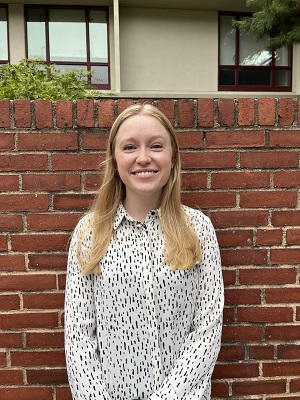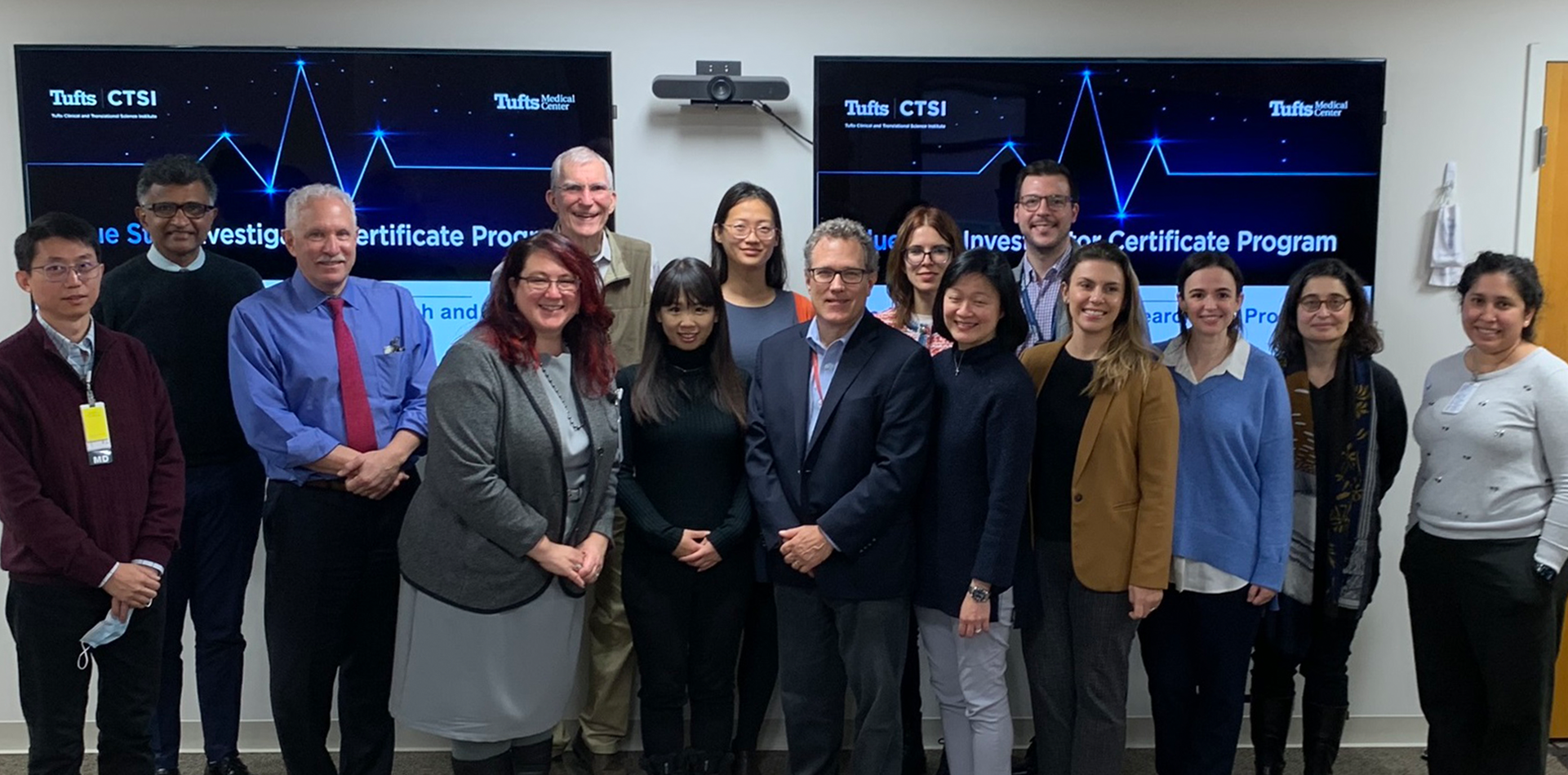Program Manager Sujata Ghosh MSc, MSW, and her research team at the Asian Task Force Against Domestic Violence (ATASK) in Boston’s Chinatown neighborhood had never participated in a research fellowship program. That was until they were notified of their acceptance in 2011 into Tufts CTSI’s Building Your Capacity (BYC): Advancing Research through Community Engagement Program (PDF). The program has trained ATASK staff in methods to conduct full-spectrum translational research as it relates to community intervention research, including identifying and conducting focus groups, developing valid surveys to determine the effectiveness of their existing community intervention programs, and making procedural and policy changes to these programs based on their findings. Ms. Ghosh and ATASK were particularly interested in using the fellowship to fill an important gap in domestic violence research by focusing on previously underrepresented Asian and South Asian communities. That abiding interest and what they learned in the BYC Program paid off. Recently, Tufts Community Research Center (TCRC) awarded ATASK’s proposed BYC project a Seed Grant for a pilot study that will examine the critical process of how to empower Asian immigrant domestic violence survivors.
Domestic violence is a considerable problem among the Asian community in the United States. A survey of Asian men and women revealed 25-38% of respondents had known a woman in an abusive relationship, which prior research has shown can contribute to a variety of adverse health outcomes, such as increased risk of substance abuse and complications in sexual health.
Guided by a mission to empower immigrant domestic violence survivors, ATASK is currently the only agency in New England that provides culturally and linguistically competent services to Asian-American survivors and their families. Survivors are paired with advocates who serve as interpreters and provide support and assistance with coordination of access to housing, education, healthcare, employment, legal, and social services. Serving over 620 people in 2010 alone, the agency provides a safe haven for survivors during times of crisis.
While ATASK helps these survivors evaluate their options for action, decisions are ultimately left to the clients themselves, according to ATASK’s preferred “Empowerment” model of practice. This process is used as an essential trust-building tool between advocates and clients at ATASK. Ms. Ghosh explains, “We encourage them [the clients] to empower themselves and use us as a helping hand for them to reach that level.”
Participating in the BYC Program was crucial for Ms. Ghosh and her team to identify gaps in existing literature, develop a research question with the potential to inform their agency’s services, and ultimately build that idea into a successful community-based participatory research (CBPR) project that could affect domestic violence program policy. Although empowerment has been explicitly defined in existing literature, there is little information on the process and cultural implications associated with the term. Recognizing that such a disparity existed, specifically in relation to Asian-American survivors, Ms. Ghosh knew that ATASK’s more than 20 year history of serving the Asian-American community would make it an ideal setting for this type of project. “We really feel this is our niche and that we have a significant contribution to make to this body of research, which is why we felt that this project would definitely make sense for us.”
The BYC Program has directed ATASK’s efforts to advance their domestic violence program by translating their research findings into new policies and procedures for how to empower victims of domestic violence, particularly Asian-American victims. Given that no member of ATASK’s staff had ever participated in this type of research capacity building program before, Ms. Ghosh admits, “The BYC Program provided a vital stepping stone for my professional development, and also for this agency.” BYC Program Manager Carolyn Leung, EdD, MA, adds, “The BYC gave Sujata the opportunity to do research that is relevant to her organization and establish productive relationships with other investigators interested in her project.”
One such relationship was with Jocelyn Chu, ScD, MPH, of the Institute for Community Health (ICH), who served as Ms. Ghosh’s research mentor throughout the ten-week program. Drs. Chu and Leung have provided expertise in research methodology to ATASK, from the formation of their research question through their evaluation of funding opportunities. Ms. Ghosh says, “We have had academic collaborators in the past that have come, collected sample data, and left . . . We are grateful to work with Carolyn and Jocelyn because you couldn’t have more inclusive academic partners.” As the CBPR approach requires the equal participation of community and academic partners throughout the entire research process, Drs. Leung and Chu attend frequent ATASK team meetings aimed at optimizing each stage of ATASK’s research and have worked alongside ATASK staff to identify focus groups and develop pre-surveys that will uncover client and advocate perspectives on empowerment.
Building on what they learned through the BYC Fellowship, ATASK’s project was awarded a six-month TCRC Seed Grant in December of last year, which they hope will translate in the future into a larger, multi-year research grant. Currently into the second month of their Seed study, clients and advocates will participate in focus groups that will encourage them to share their experiences at ATASK and thus allow for the comparison of multiple cultural perspectives on empowerment. Clients and advocates will also contribute to the analysis of findings and help ATASK staff determine the next steps in enhancing their services to better meet client needs. In the future, ATASK’s findings will hopefully translate into recommendations for improvements to domestic violence program policy nationally.



